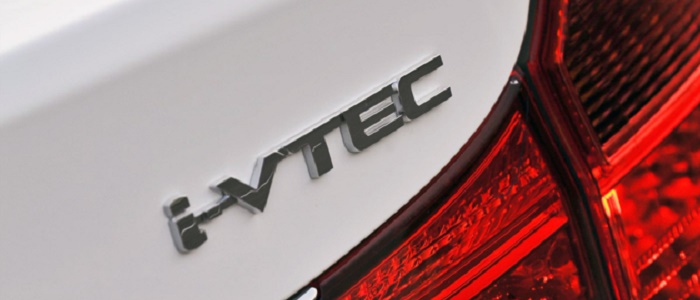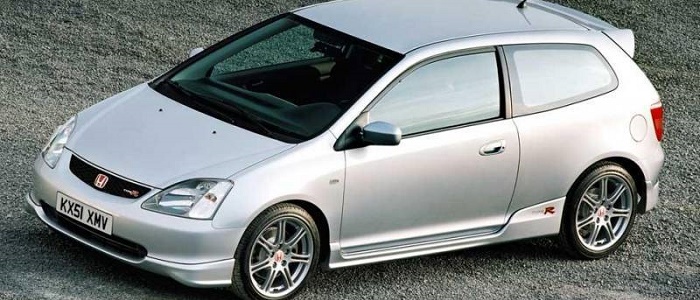


What does actually the i-VTEC badge mean on vehicles by Honda?
Abbreviation of intelligent Variable Valve Timing and Lift Electronic Control, intelligent-VTEC in short. Honda marks their cars with it when engines powering them use the technology of the same name. It is a step forward compared to the VTEC as it's using different hydraulically operated camshaft profiles in different circumstances and under different loads, with the possibility of changing the time of opening and closing of the valves. The combination of these technologies increases engine efficiency and reduces fuel consumption.
VTEC controls of valve lift and valve duration are still limited to distinct low- and high-RPM profiles, but the intake camshaft is now capable of advancing between 25 and 50 degrees, depending upon engine configuration. Phasing is implemented by a computer-controlled, oil-driven adjustable cam sprocket. Both engine load and RPM affect VTEC. The intake phase varies from fully retarded at idle to somewhat advanced at full throttle and low RPM. The effect is further optimization of torque output, especially at low and midrange RPM.
Marketing
Related articles
Somewhere in the 80's there was a breakthrough in the hot hatch segment. Just remember cars such as Volkswagen Golf Gti, Renault 5 GT, Lancia Delta Turbo Integrale, Peugeot 205 GTI etc. There, even while writing this I feel sorry for not still living in that age...
List of cars using this badge





























